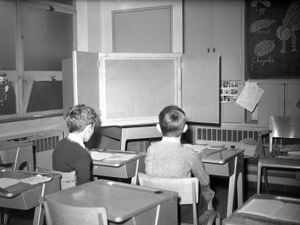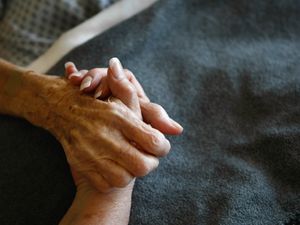Why should gipsies be marginalised?
After reading the article about the refurbishment of the gipsy site in Tipton, I was outraged.
After reading the article about the refurbishment of the gipsy site in Tipton, I was outraged.
Not because I agree that this would be a waste of money – but at the newspaper's biased reporting.
At present I am a professional working with the gipsy and traveller community in East Yorkshire, and I am aware of the discrimination and poor facilities that many of them have to put up with.
On many sites their toilet and washing facilities could in no way be classed as "bathrooms"
In actual fact, they usually consist of a small outside loo and shower that doesn't even have any hot water or heating for them to bathe their children and themselves.
This is something you did not address in your article.
Moreover, gipsies and travellers have not chosen to "opt out of society"; they have been marginalised by society because it is ignorant of their values and culture.
Living in trailers and caravans is part of that culture, so why should they be forced into "bricks and mortar"?
One more thing you may want to consider is the legal implications in any future articles.
Romany gipsies and Irish travellers are recognised racial groups for the purposes of the Race Relations Act 1976 and are therefore protected from discrimination by this Act and also by the Human Rights Act 1998, as are all ethnic groups who have a particular culture, language or values.
The Race Relations Act 1976 makes it unlawful to treat someone less favourably on grounds of colour, race, nationality, ethnicity or national origins.
The Commission for Racial Equality (CRE) is a publicly funded, non-departmental public body set up by this Act.
The CRE specifically tackles racial discrimination and promotes equal opportunities.
Likewise it says: "Incitement to racial hatred was first made a criminal offence under the Race Relations Act 1965.
The relevant legislation is now found in Part III of the Public Order Act 1986.
"The legislation extends beyond the realm of that which ordinarily would be called public in that it is an offence, under sections 18(1) and 18(2), to use threatening, abusive or insulting words or behaviour or display written material which is threatening, abusive or insulting and which is intended to or is likely to stir up racial hatred in private premises as much as in public".
Mrs Malham, Boulevard, Hull, East Yorkshire.





